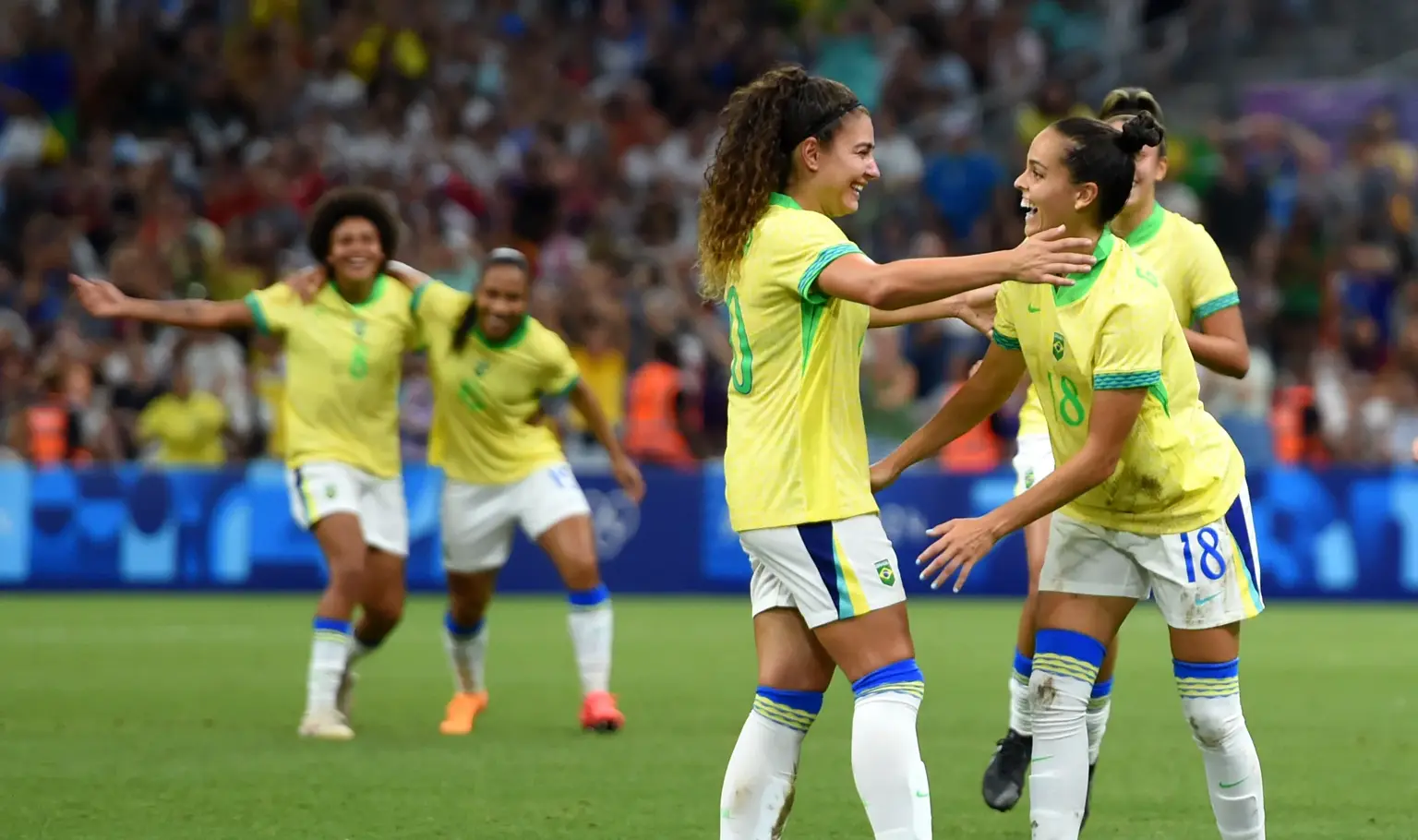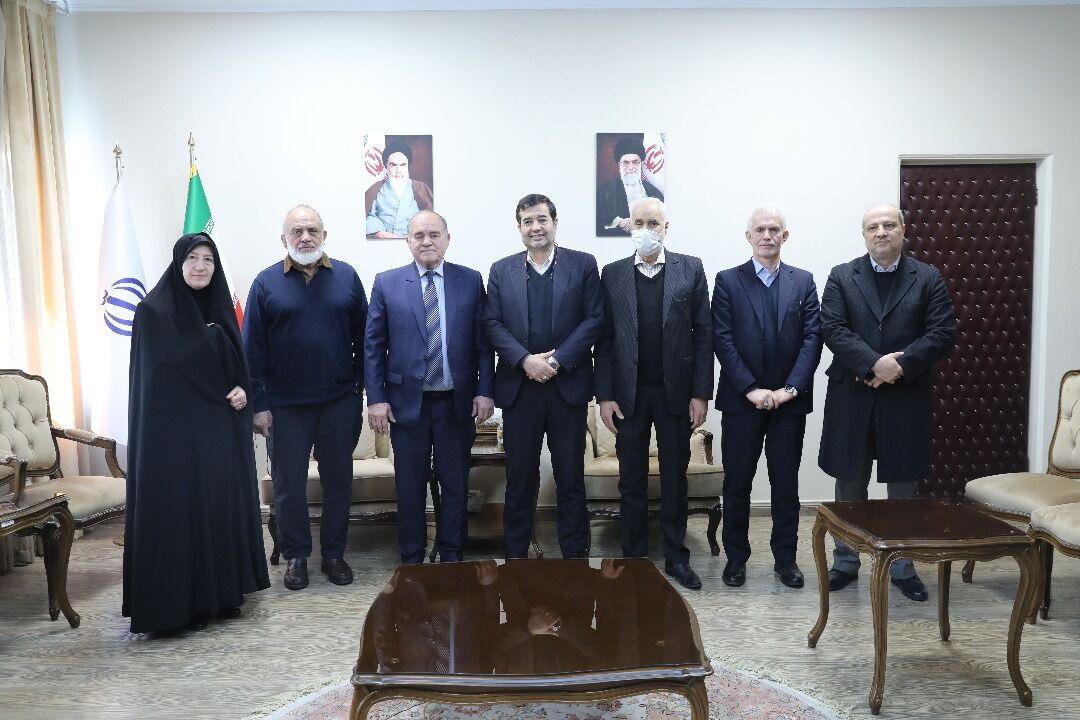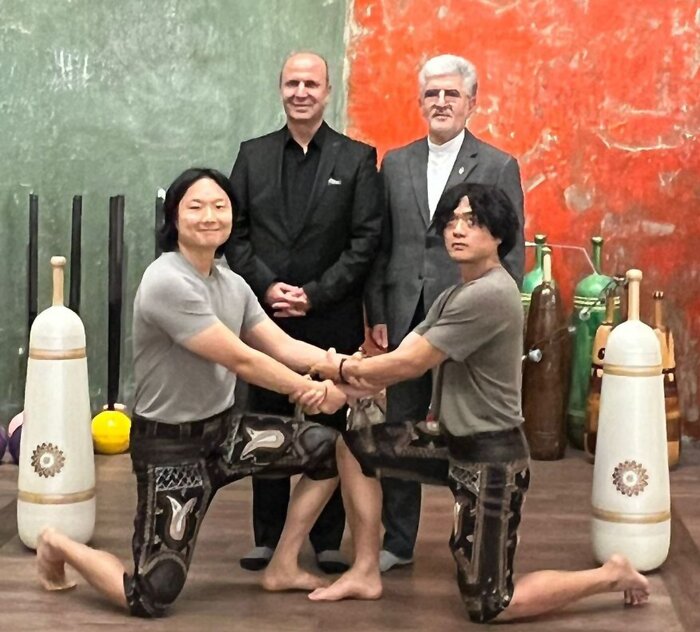It wasn’t easy to process what just happened on the pitch. The Brazil players were dealing with the disappointment of a 1-0 defeat to the United States in a very close Women’s Olympic Football Tournament final.
They had their chances and the outcome could have been different, but a silver medal is not something to be upset about, especially for a country that hadn’t reached the podium in the Olympic Football Tournament for 16 years. Brazil’s women hadn’t placed among the top four teams in a major tournament since the semi-finals of Rio 2016, and they failed to get past the group stage at the FIFA Women’s World Cup Australia and New Zealand 2023™.
So, while Brazil’s players digested the result, they remained noticeably upbeat about having returned the national team to a place among football’s elite. It was a positive result, not only boosting the self-esteem of a rejuvenated side, but also repairing the strained relationship with some of their fans.
“When you have a disappointment like the outcome of last year’s World Cup, coming home and starting all over again isn’t easy. This only demonstrates our determination and desire to create a legacy in women’s football”, said full-back Tamires.
The turning of the tide could not have come at a more opportune moment. With Paris 2024 now a closed chapter, the big teams and stars are starting to draw up plans for the next FIFA Women’s World Cup™, to be held in Brazil in 2027.
“We accomplished what we set out to do, which was to restore Brazilian pride and change the perception of women’s football to something different, more competitive”, departing icon Marta said. “In a few years, there will be a World Cup in Brazil, and we need that momentum to encourage the Brazilian people to believe.”
Being in tune with the fans is an essential foundation for any team hosting a World Cup, and that kick-start has now been delivered. The unexpected success of their Olympic campaign brings a host of other positive developments for shaping the team towards 2027. Here, FIFA looks at three of those key aspects.
The start of the Arthur Elias era
In his 10 months of work up to and including the Olympics, Pia Sundhage’s successor has made a good impression, justifying the high expectations his hiring generated.
Fears of another traumatic group stage elimination were allayed, despite defeats at the hands of Japan and Spain, with Brazil going through to the knockout phase as one of the two best third-placed sides, courtesy of their victory over Nigeria.
During the knockout stage, their competitive spirit was evident in a tough quarter-final clash with hosts France and in the decisive match against USA. And in the semi-final rematch against Spain, the team was at its best, with an aggressive attack and direct style of play that dismantled the FIFA Women’s World Cup holders.
Arthur shaped and reshaped the team from game to game, managing to handle setbacks and showing that he was prepared and up to the task in a short but demanding tournament.
A reinvigorated attack
The exclusion of the legendary Cristiane naturally raised eyebrows. But the attackers competing in their first major tournament for Brazil lived up to the trust placed in them. Winger Gabi Portilho, 29, was brilliant. After scoring the winning goal against France, she found the net again in the semi-final and caused real problems for the left-backs she faced in one-on-one duels.
“It was the first Olympics for many of us, and we achieved what we did. I am proud of what we accomplished, despite the injuries, pushing our limits, dealing with the pain. This silver is worth gold to us, because we overcame challenges and hardships”, said Portilho.
Jhennifer, 22, and Gabi Nunes, 27, showed versatility and an eye for goal. Meanwhile, centre-forward Priscila, 19, was instrumental in destabilising the Spain defence.
The fortress
Goalkeeper Lorena grew in stature during the knockout stage, becoming one of the standout names of the tournament. Her penalty save at the beginning of the game against France was undoubtedly the highlight, but she provided a secure last line of defence to the team throughout.
Ahead of Lorena, the defensive trio of Tarciane (21), Lauren (21) and Thais Ferreira (28) also had a great knockout stage and dealt well with some of the best attackers in the world.
“Regardless of the colour of the medal, we are proud of what we accomplished here, of what we gave to the Brazilian national team, of how far we’ve come,” Tarciane said. “It’s really important. Many people didn’t believe in us. I think now they’ve seen what we’re capable of, that we can achieve great things.”
- نویسنده : محمد مهدی اسماعیلی





























Saturday, 31 January , 2026